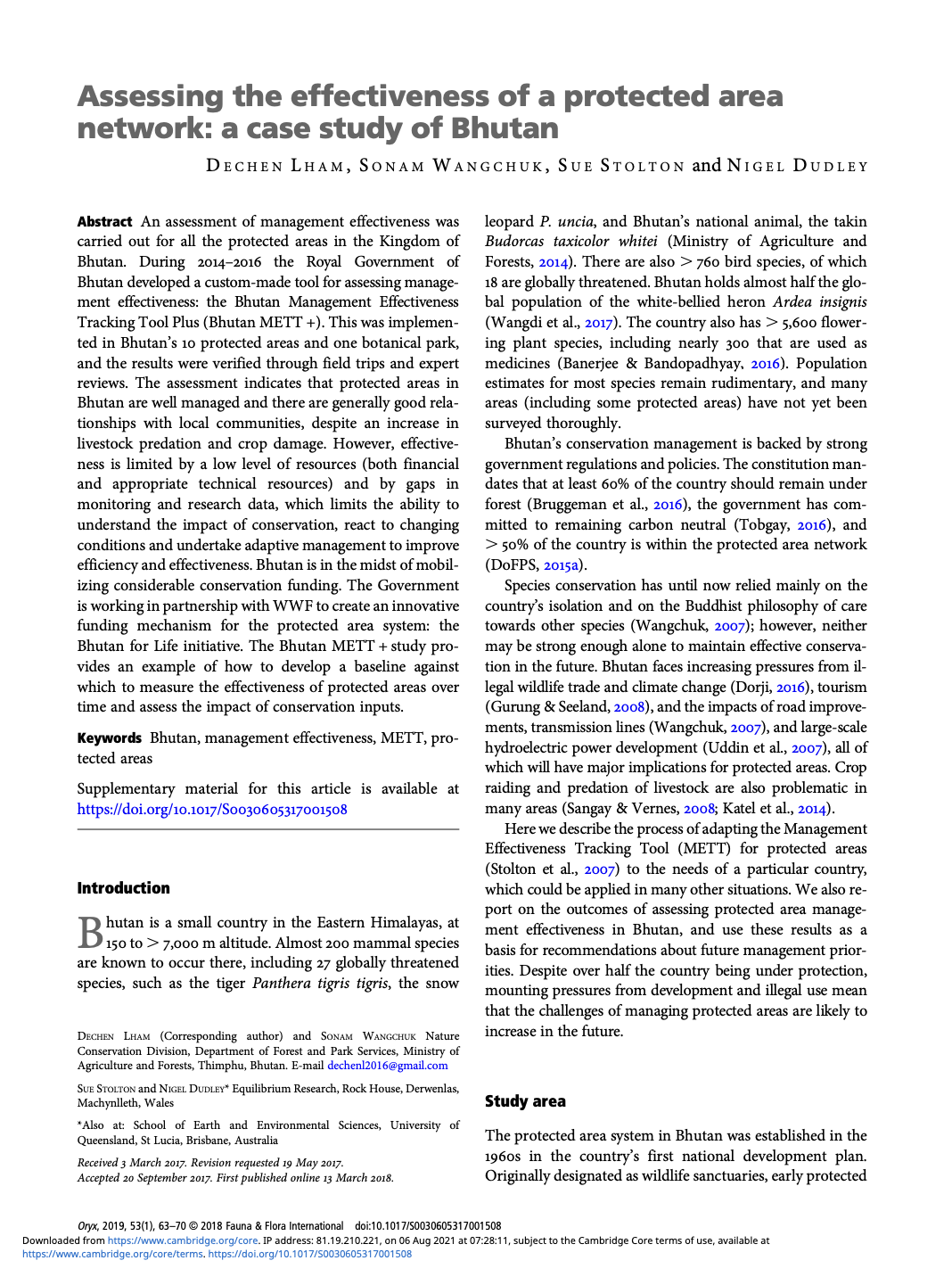Location
Cambridge University Press is part of the University of Cambridge. Our mission is to unlock people’s potential with the best learning and research solutions. Our vision is a world of learning and research inspired by Cambridge.
Our peer-reviewed publishing lists comprise over 53,000 titles covering academic research, professional development, over 350 research journals, school-level education, English language teaching and Bible publishing. This list is growing every year and spans subjects from aesthetics through to zoology, with authors ranging from Shakespeare to English language teaching author, Ray Murphy.
A pioneer in our field, we are committed to supporting innovation in learning and teaching. We publish without boundaries, ensuring our resources are accessible across the globe, in print, online and other digital formats.
We take pride in supporting community programmes across the globe. Staff are encouraged to offer practical help, advice and funding to nurture vital charitable, educational and voluntary partnerships.
Playing a leading role in today's global market place, we have over 50 offices around the globe, and distribute our products to nearly every country in the world. We publish 50,000 authors based in over 100 different countries.
Members:
Resources
Displaying 6 - 10 of 79Assessing the effectiveness of a protected area network: a case study of Bhutan
An assessment of management effectiveness was carried out for all the protected areas in the Kingdom of Bhutan. During 2014-2016 the Royal Government of Bhutan developed a custom-made tool for assessing management effectiveness: the Bhutan Management Effectiveness Tracking Tool Plus (Bhutan METT +). This was implemented in Bhutan’s 10 protected areas and one botanical park, and the results were verified through field trips and expert reviews.
The database of the PREDICTS (Projecting Responses of Ecological Diversity In Changing Terrestrial Systems) project
The PREDICTS project—Projecting Responses of Ecological Diversity In Changing Terrestrial Systems (www.predicts.org.uk)—has collated from published studies a large, reasonably representative database of comparable samples of biodiversity from multiple sites that differ in the nature or intensity of human impacts relating to land use. We have used this evidence base to develop global and regional statistical models of how local biodiversity responds to these measures.
Assessing impacts of land abandonment on Mediterranean biodiversity using indicators based on bird and butterfly monitoring data
In Europe, and particularly in the Mediterranean Basin, the abandonment of traditional land-use practices has been reported as one of the main causes of decline for open-habitat species. Data from large-scale bird and butterfly monitoring schemes in the north-east Iberian Peninsula were used to evaluate the impact that land abandonment has had on local biodiversity.
Using information on ecosystem services in Nepal to inform biodiversity conservation and local to national decision-making
Policy-makers are paying increasing attention to ecosystem services, given improved understanding that they underpin human well-being, and following their integration within the Aichi Targets of the Convention on Biological Diversity. Decision-makers need information on trends in biodiversity and ecosystem services but tools for assessing the latter are often expensive, technically demanding and ignore the local context.
Chemical stabilization of organic carbon in agricultural soils in a semi-arid region (SE Spain)
Land use and management, together with soil properties, determine soil organic carbon (SOC) concentration and its stabilization mechanisms. Four soils (0â30 cm depth) were studied in a semi-arid region with different uses and management regimes: two soils with olive cultivation, both under a non-tillage regime and one with a cover crop (OCC) and the other without (ONT); a fluvial terrace soil (FT) with cerealâsunflowerâfallow rotation; and an unaltered soil under natural vegetation (oak trees; OT).




